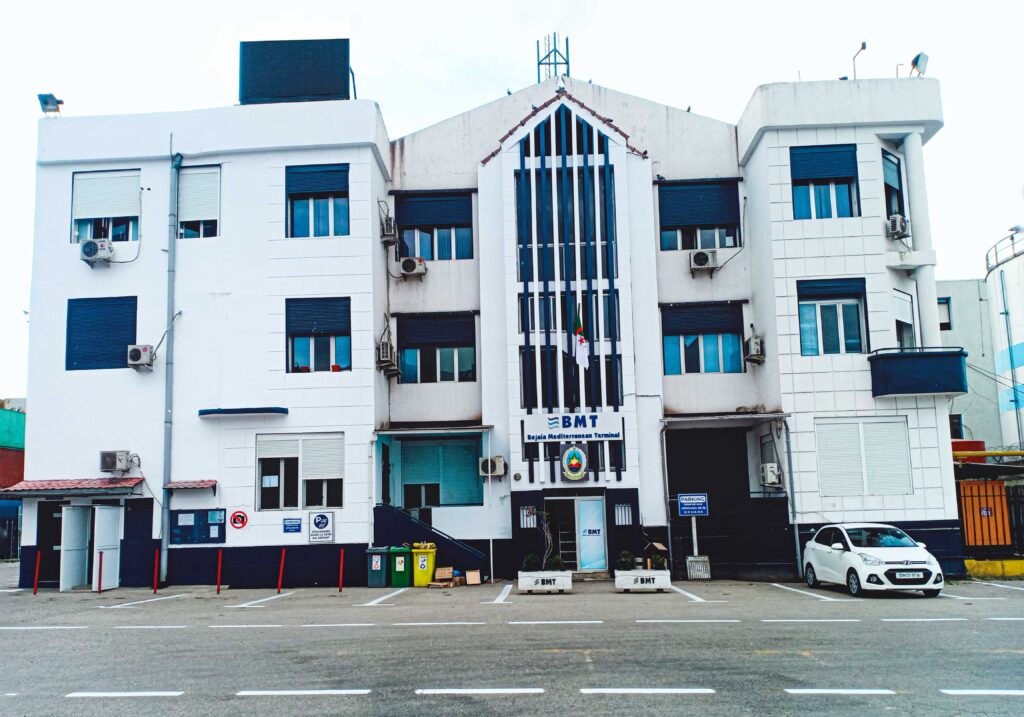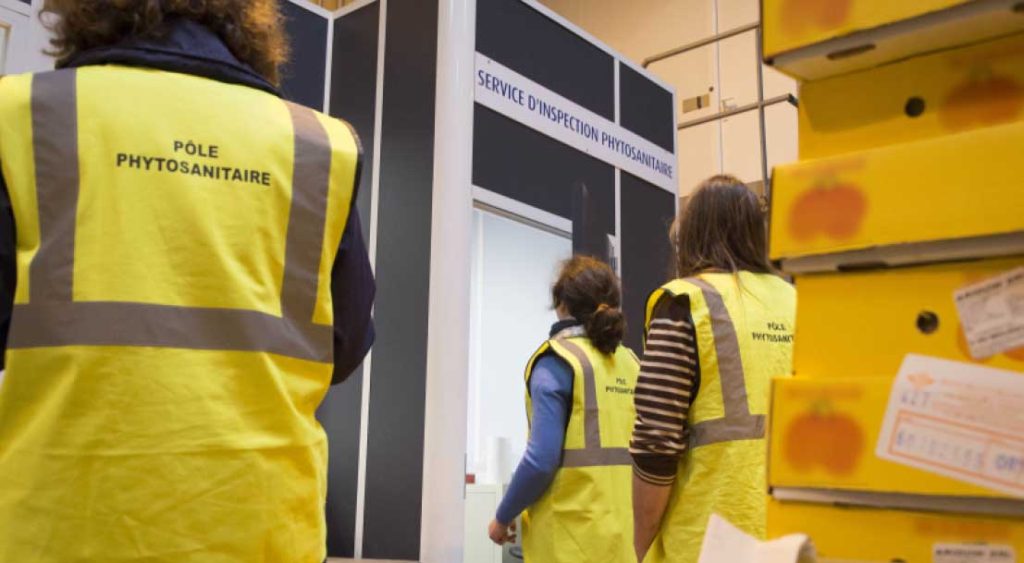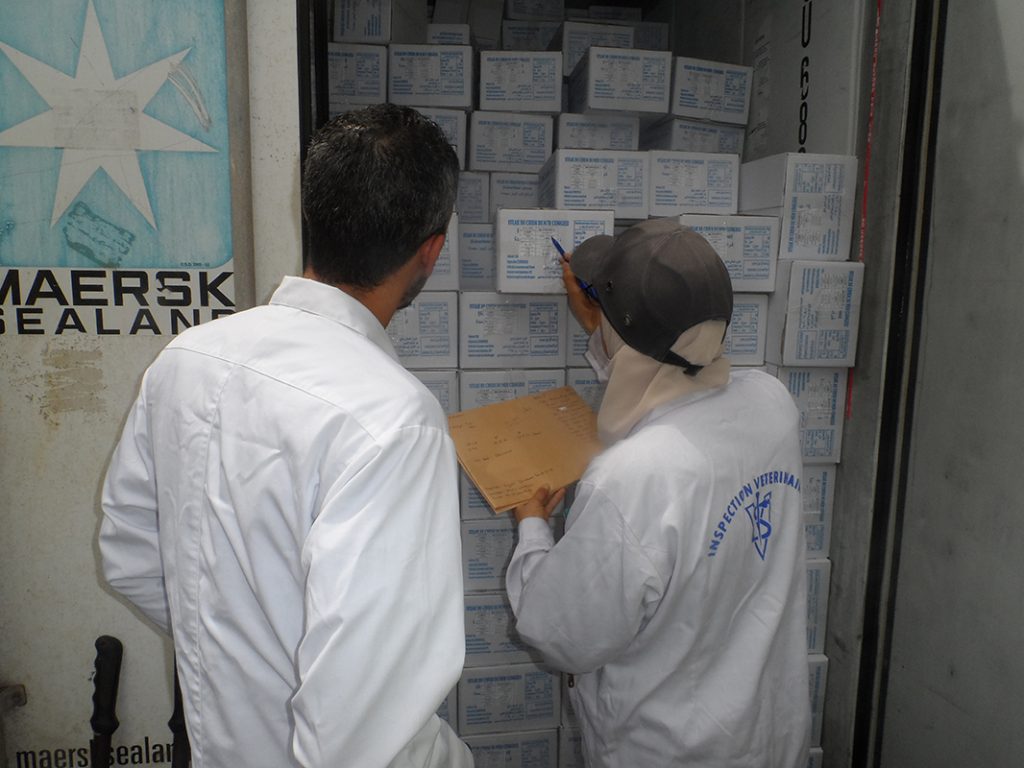BMT Spa One-Stop Desk
Home / One-Stop Desk

Why Choose Us
BMT Spa One-Stop Desk
Customs
Role of Customs
Phytosanitary
PHYTOSANITARY CONTROL
Special Case for Dates
Veterinary
Veterinary Services (Animal Health Control)
Animals (poultry, horses, game, etc.) and animal products (meat, eggs, powdered milk, honey, wool, untreated hides, etc.) are subject to import and export health control regulations, which certify that no notifiable diseases have been reported in the exporting country.
A health inspection of these products is carried out at the borders by the veterinary services. Some products, while subject to veterinary control at the borders, are not required to have a sanitary exemption. These include, in particular:
- Treated or processed animal products (Milk and Dairy Products).
- Concentrated feed intended for animal consumption.
DCP
QUALITY CONTROL AND FRAUD PREVENTION
Given the need to implement preventive control, the adopted strategy prioritizes production-level inspection combined with random checks during the process of putting products into circulation on one hand, and import control on the other. For effective intervention by the control services, a structured approach has been established.
Scope of Control:
- Food products
- Industrial products
- Service products
Nature of Control:
- Verify the compliance and composition of products
- Ensure the implementation of self-control by producers and importers
The approach described above is based on close coordination with the various administrations and agencies involved in quality control (veterinary services, phytosanitary authorities, health metrology, customs, etc.). Border inspections apply to food products as well as cosmetic and personal hygiene products, based on a pre-established list in accordance with tariff classifications. This control is carried out for all imports.





